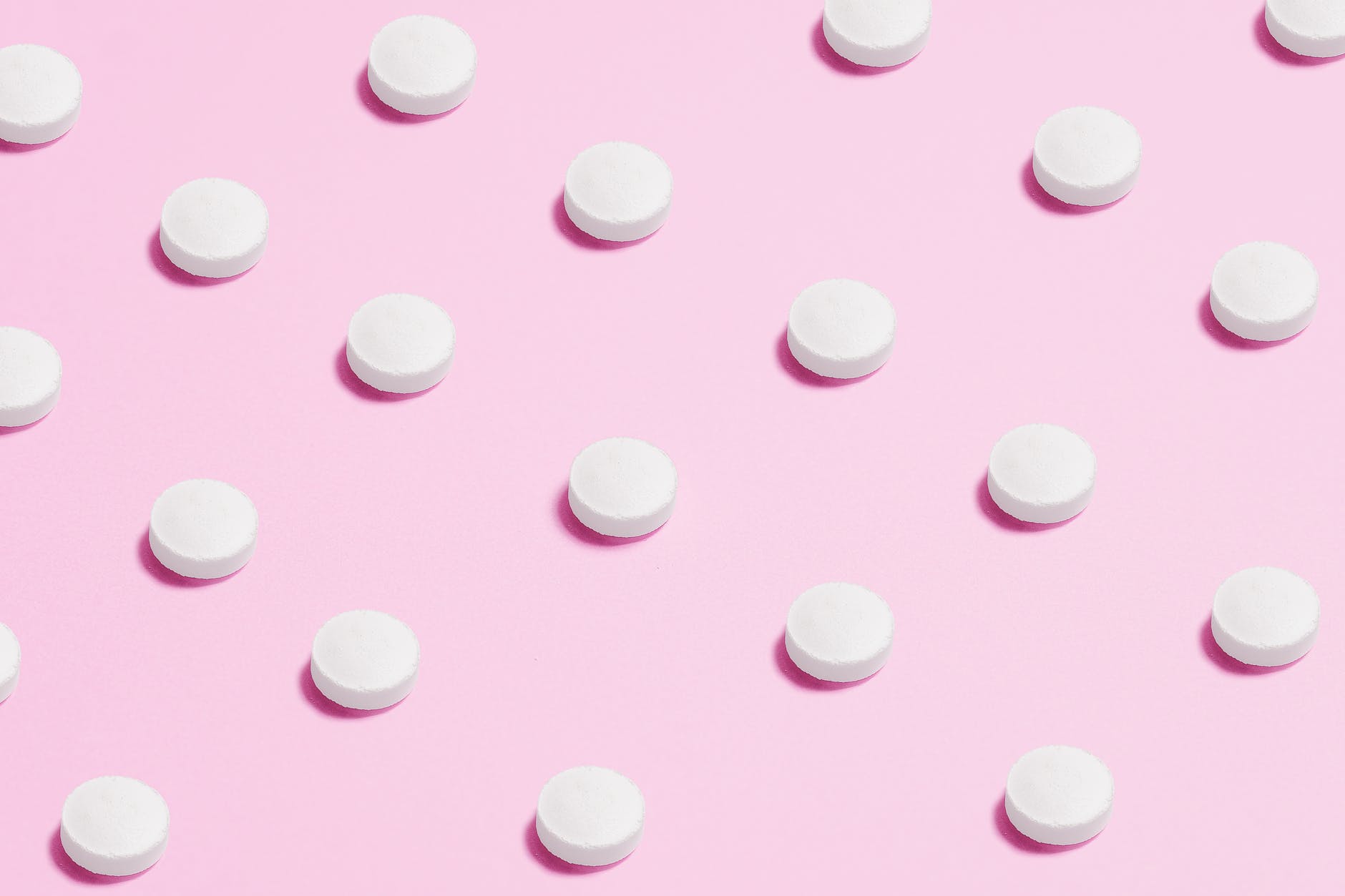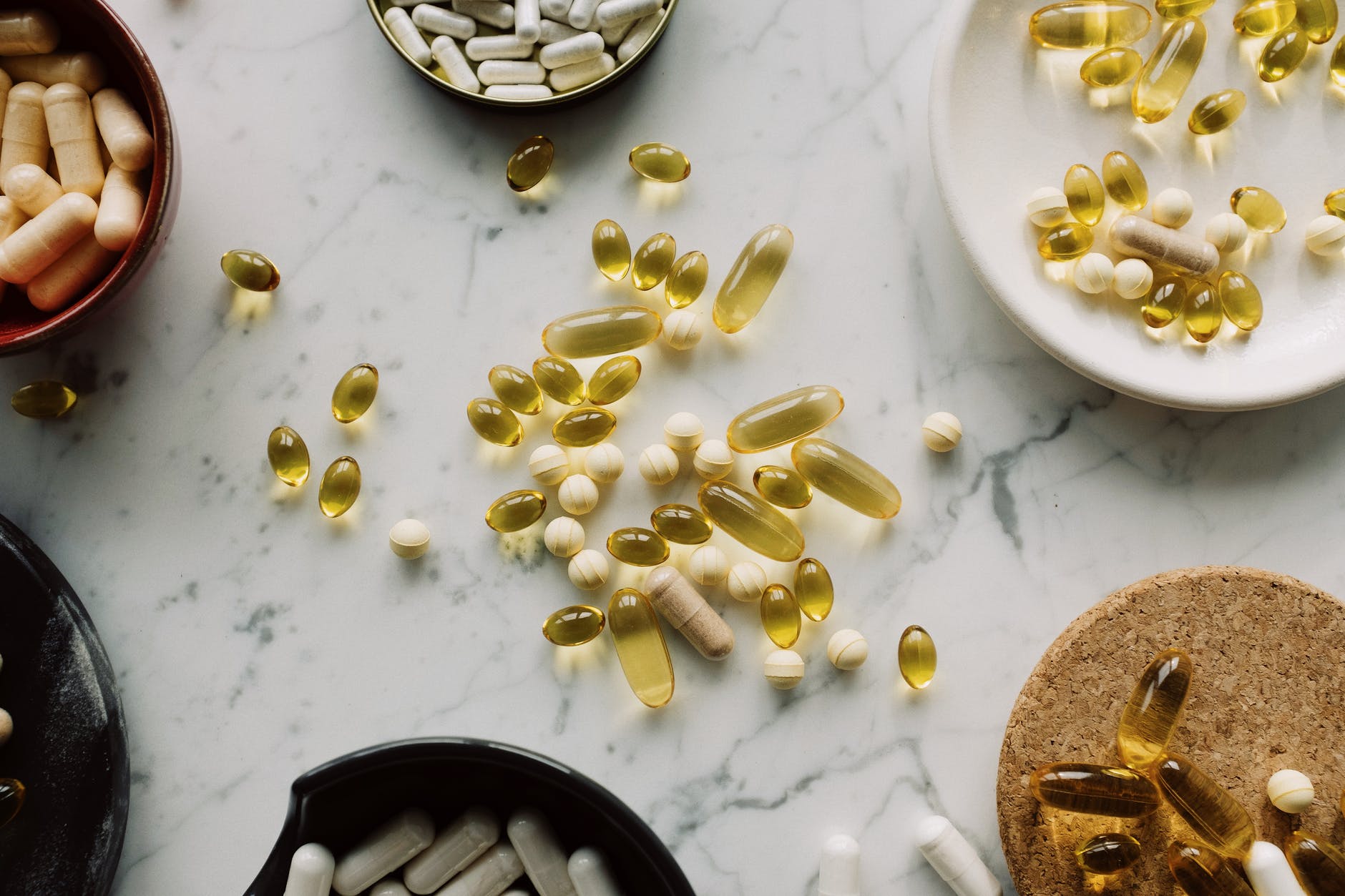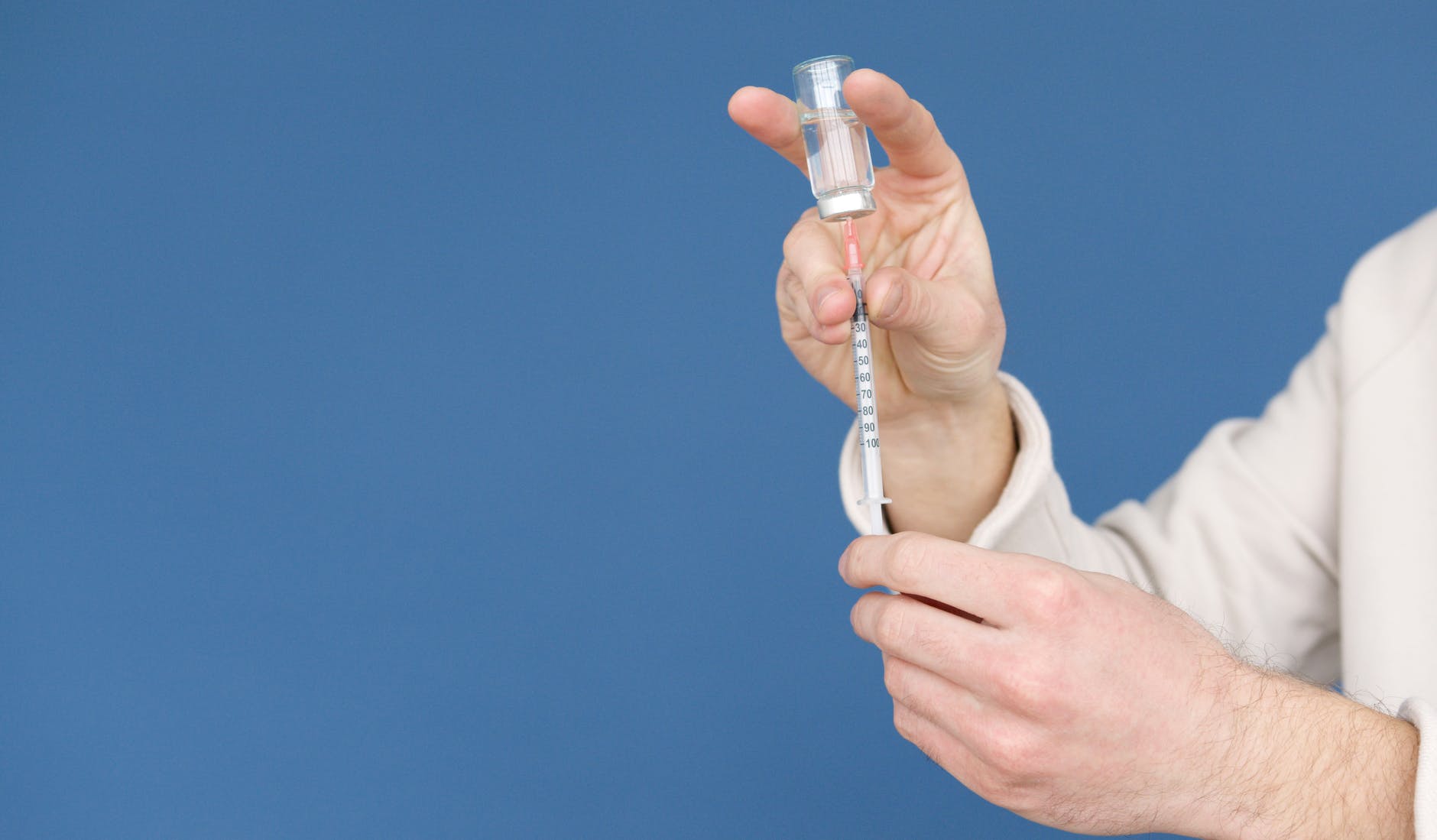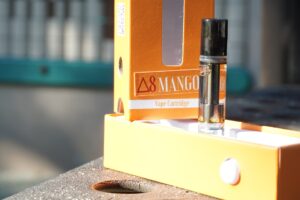
What is Pharmaceutical Logistics?
Pharmacological logistics, in general, refers to the handling, transport, and chain management of multiple and diverse products. The vast majority of these products require special logistic treatment.
The Spanish Agency for Medicines and Healthcare Products indicates that pharmaceutical products include medicines and all of their typologies, medical and surgical instruments, and cosmetic and perfume products.
It is important to comply with logistical specifications for a variety of products. Some of these products require controlled temperatures from the manufacturing or processing phase until consumption.
What kind of pharmaceutical logistics is the industry in need of?
According to Farmaindustria data and Pharmatech which are organizations that combine the MHRA approved warehousing UK industry, there is a total of 212 Spanish pharmaceutical companies, both national and multinational, with a combined annual production value exceeding 15.2 billion euros. More than 10600 million euros of this total are exported.
It is important to note that 48% of Spanish pharmaceutical exports by air are concentrated within Catalonia and that a large percentage of these go on to third countries. This type of merchandise is often high-value and requires precise pharmaceutical logistics.
These production and export figures for pharmaceutical products are associated with very specific logistical needs, from packaging and transport, especially if the goods require a specific temperature, to handling, storage, and final distribution.
All these factors require that the operator develop pharmaceutical logistics. This means having visibility and traceability throughout the supply chain. It also requires highly optimized distribution networks, adequate vehicles, and facilities for storage, transport, and distribution of pharmaceutical goods.

New regulations make it difficult to manage complex pharmaceutical logistics
The European Medicines Agency states that the legal framework of the European Union for pharmaceutical products ensures high standards of safety and quality, and encourages innovation and competition.
To be able to handle the increasing complexity of pharmaceutical logistics, the logistics operator must have higher levels of professionalization and specialization over the past few years. This is evident in compliance with the European Guidelines on Good Delivery Practices ( ), which are designed to ensure the integrity and quality of medicines by ensuring proper control over their transportation and distribution.
There are also Good manufacturing practices (GMP), which require that pharmaceutical product manufacturers comply with all government regulations throughout their supply chain.
The pharmaceutical industry demands that its logistics provider monitor and control the temperature of all goods being transported. This can vary depending on product type – for example, between 2-8 degrees and 15-25 degrees.
On the other hand, and about safety and traceability that will affect pharmaceutical logistics, in February 2019 Directive 2011/62/EU will enter into force, a regulation that aims to strengthen the legal chain against counterfeit medicines. This system, through the inclusion of two safety devices on the external packaging of medicines (unique identifier and anti-tampering device), will make it possible to verify the authenticity of each medicine dispensed, as well as that it has not been tampered with.
The new regulation will become mandatory in February 2019. It will require that the logistics operator be ready to implement, with the pharmaceutical industry a complex serialization program. This will include, among other things processing large amounts of data in real-time in an efficient, secure way.
The logistics of pharmaceuticals are thus very complicated. To ensure safety, the operator must guarantee traceability, temperature chain, sterilization, protection against theft or imitation. This is because the industry has multiple locations and sells products all over the globe.
The safety and traceability of the logistics chain must also be guaranteed from the supply of raw materials to the manufacturing industry to the arrival of the finished product at the end-user.
It is also important to remember that these operations must be possible in any mode of transport, including air, sea, and land.

Service for the pharmaceutical industry
To ensure a high standard of pharmaceutical logistics, the operator must provide detailed planning of logistics and supply chains in time and cost, as well security in terms of control of documents and environmental conditions to which products are exposed.
Quality must also be considered. It is a crucial aspect of all services, including transport and handling as well as labeling, packaging, and distribution.
A key factor to consider is that professionals involved in the pharmaceutical logistics chain must be trained and qualified to adhere to the strict regulations and ensure good practice throughout the chain.
You must also ensure traceability and monitor the goods from their collection until their delivery. Customers should have the appropriate facilities and equipment such as storage spaces for products that are sensitive to different environmental conditions, containers, and isothermal vehicles.
It is crucial that the pharmaceutical industry can provide reverse logistics services to return expired or damaged products.
Logisber provides all of these services. We bring added value and add value to the pharmaceutical sector when it comes to placing its products and material in any market around the world, reducing risk, and optimizing logistics.
Logisber’s pharmaceutical logistics can meet the needs of any product (medicines, the active ingredient, raw materials, cosmetics, etc.). From transport, document management, customs formalities to design and traceability, temperature control, humidity, refrigeration, physical protection, picking, packaging, and verification for the multimodal logistic chain.








